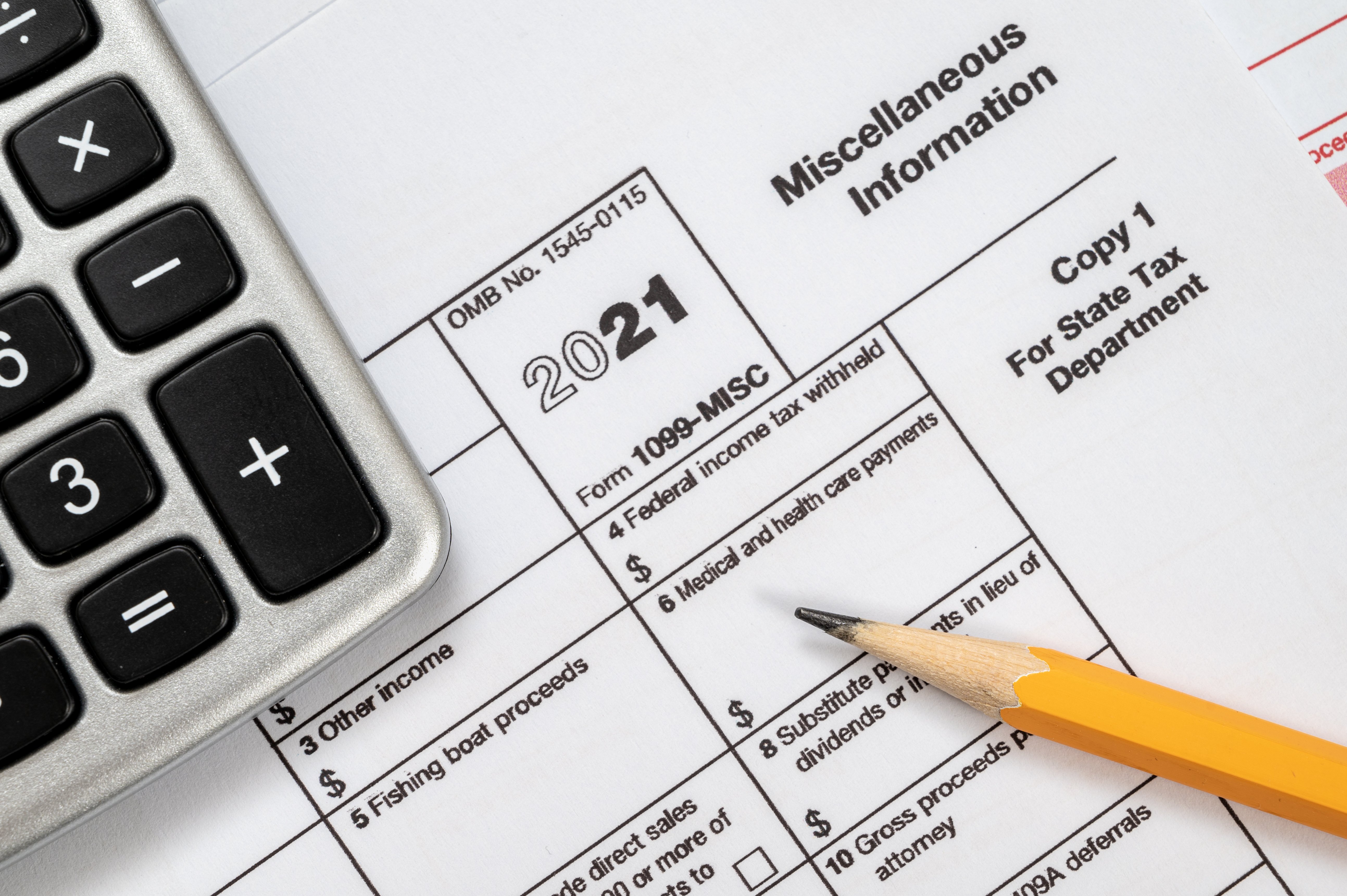Know Your Status
There’s a lot of ambiguity about employment status out there. And as the workforce and job market changes, rules and definitions change too. That’s why it’s important to know your employment status for each job you take or contract you sign. This governs how you work, and also how you pay taxes. Some contract gigs (usually the threshold is $600 paid out in a year) will file a 1099 with the IRS laying out how much they’ve paid you for the year. But some smaller jobs might not have the paperwork. So it’s on you to track your earnings and pay taxes accordingly.
And just because you’re a contract employee doesn’t mean you can’t have a traditional job with a W-2 as well. That might add some complexity to your filing, but it also has the benefit of reducing the amount you owe in taxes, between what your employer pays and what they withhold. But it’s important to know where you stand and what your status is, so you can plan accordingly at tax time.

Plan Throughout the Year
There’s nothing worse than the sticker shock from taxes owed that you haven’t saved for. And as a self-employed person, you’re paying your own social security, unemployment, and the half of your taxes that would otherwise be covered by an employer.
If the amount of tax you’ll owe for the year will be $1,000 or more, you’ll want to make estimated payments into a savings account each quarter throughout the year. But even if your tax liability for your contract work is offset by withholding from a traditional employer, you’ll still want to set aside money from each check for taxes. A calculator like this one can help you predict what percentage of your earnings you should save for taxes.
When you set aside money for your taxes, you want to keep it in a safe place where it can earn dividends and generate even more savings. A money market account can be a great option to earn a higher interest rate and keep your tax savings secure for when you need them.

Stay Organized
Tax time doesn’t have to be stressful, especially if you stay organized. Stash your receipts in a system that’s easy to navigate, and stay on top of your bookkeeping each month so you’re not left to scramble to put together the pieces at the end of the year. Depending on how many clients you have, or how many invoices, you might want to keep a running tally of your earnings from different sources throughout the year so you don’t have to do it all at once. Use an online bookkeeping tool or create your own handy-dandy spreadsheet, and always save copies of your invoices as well as receipts for purchases related to your work.
Hire a Professional Who Understands
As a contractor, it’s tricky to navigate all the ins and outs of your taxes, especially when you have a unique situation. When you’re finding a tax pro, you want to work with someone who has a background and in-depth knowledge of working with freelancers or contractors. The more expert they are in how your business operates, the more money they can save you in deductions, tax breaks and government programs for your type of work.
The more money savvy you become, the higher you can build your financial future. For more tips and tricks for managing your money, check out the rest of the RMCU blog.



